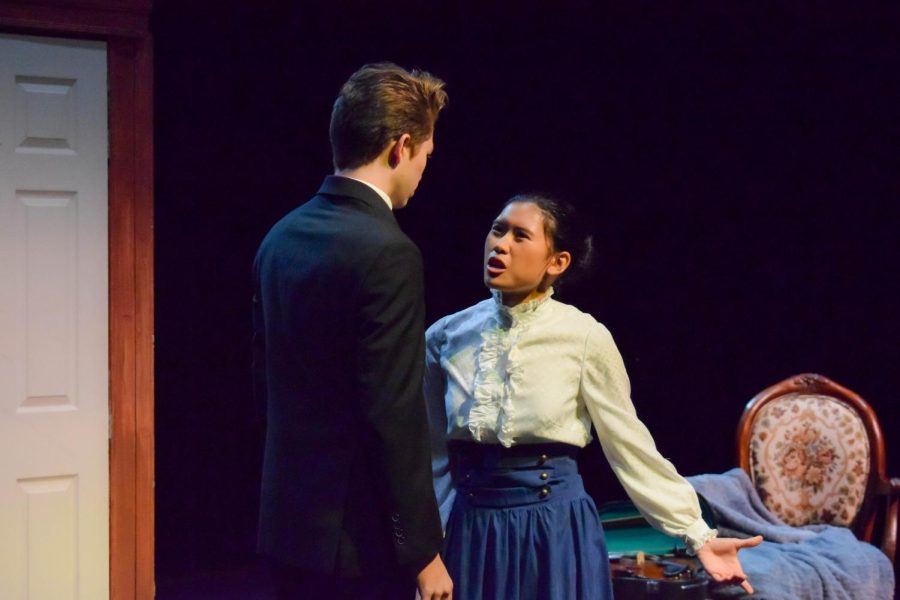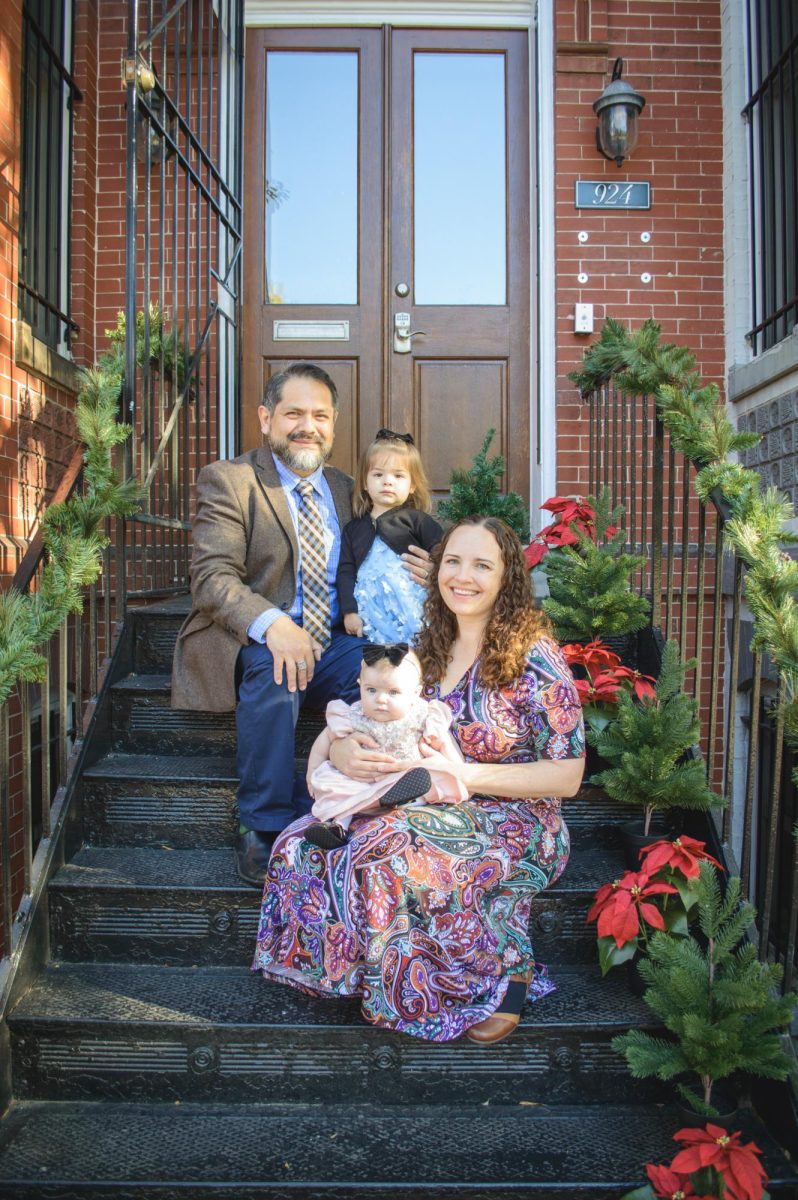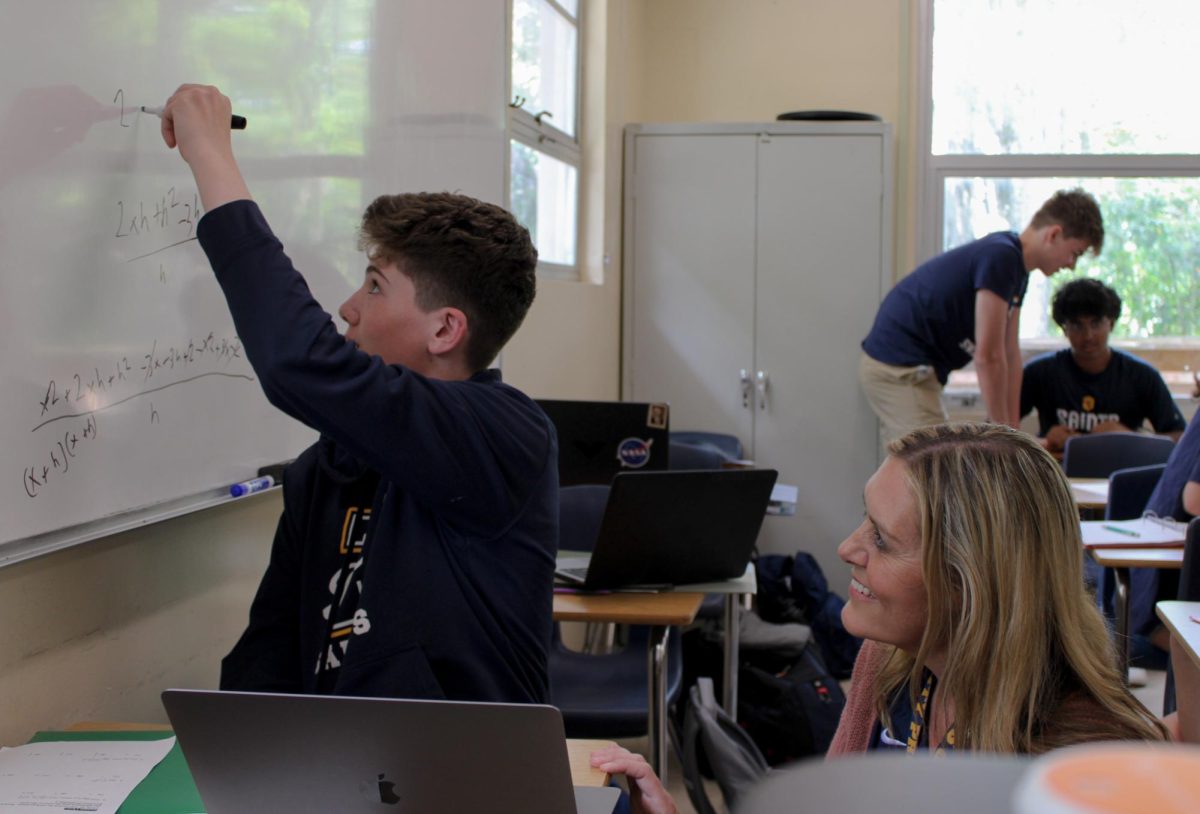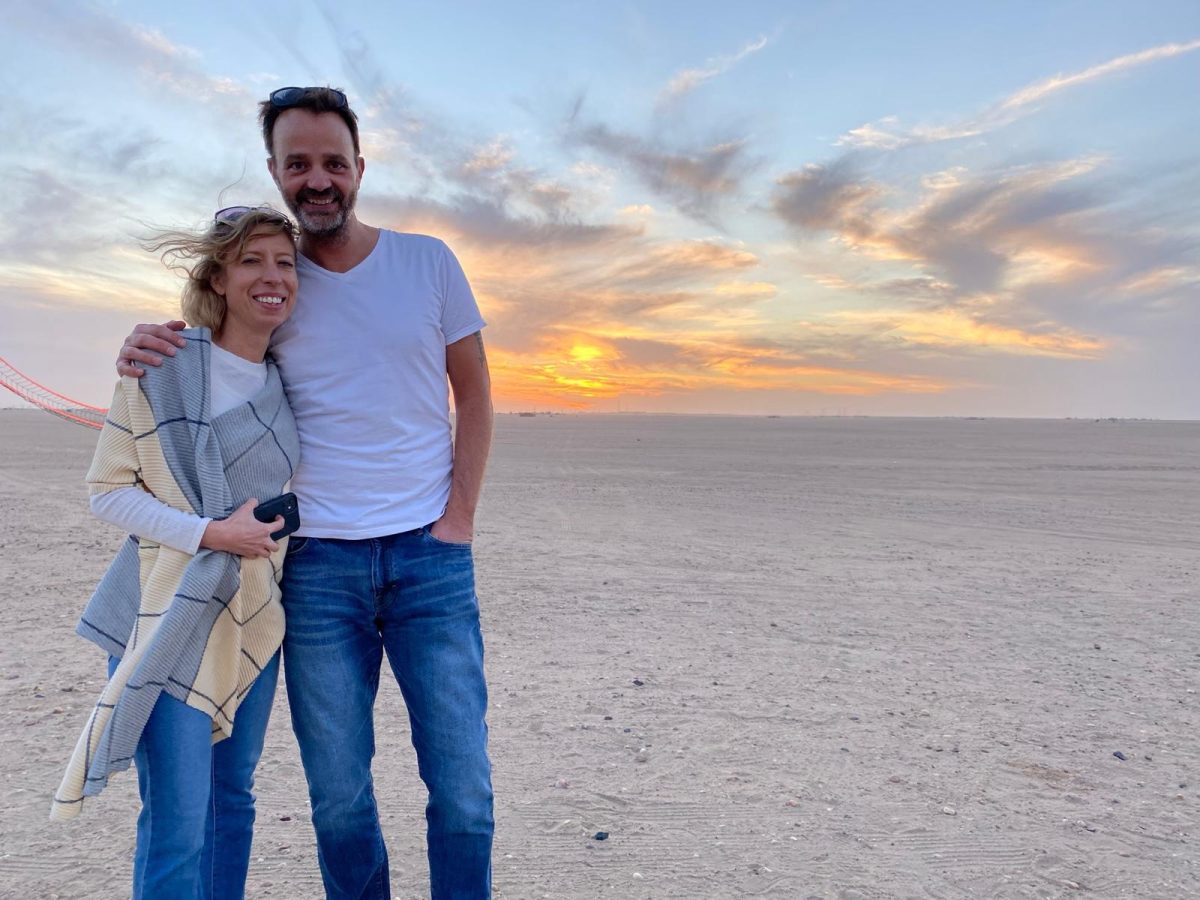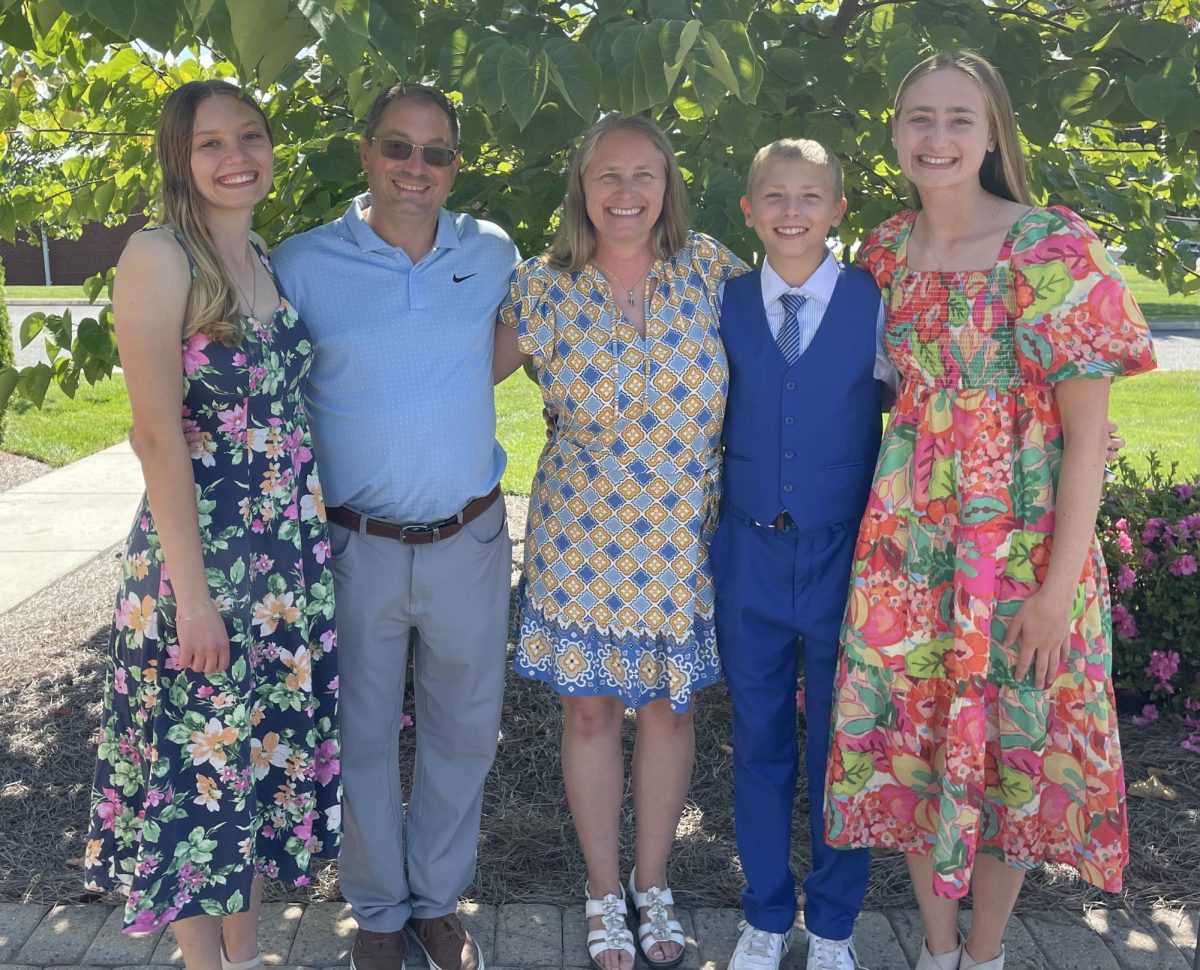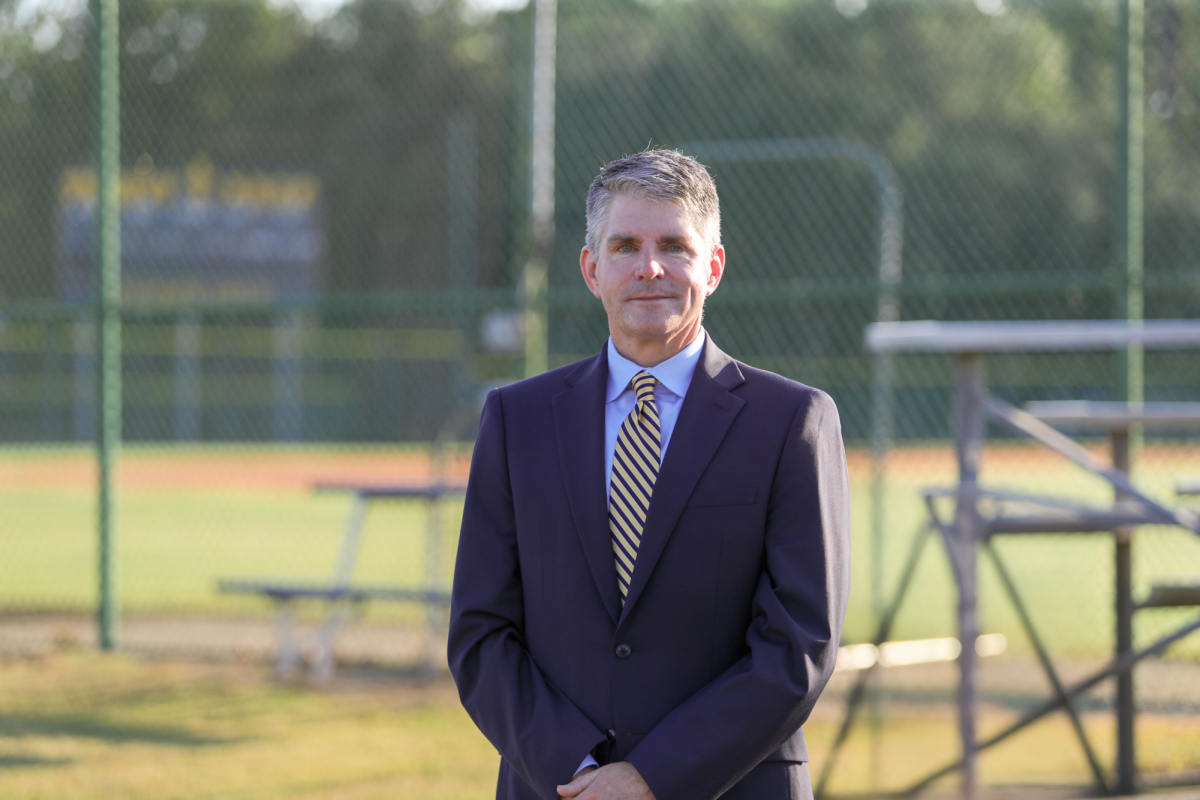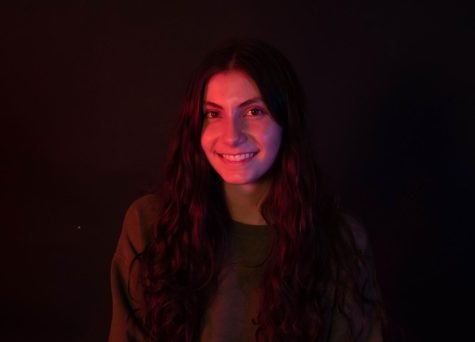Senior Isabel Tongson had never played a character that looked like her before writing her play. There are not always roles in theater for people of color, especially for characters that match the individual’s race. For Tongson, playwriting was a way to explore her personal struggles while including other people of color.
“With all of my work, I try to open up doors for performers [for] who there are typically [no] roles for them,” Tongson said. “This is the first time I’m going to be playing a character that is my own race.”
“Morningside Song,” running April 7th and 8th, tackles self-discovery in 1912 when immigration to the United States first opened up. The main characters are Ana de la Cruz, Caleb Gallagher, and Shauna Gallagher, who are all first-generation immigrants. Caleb and Shauna are Irish siblings, with the former being half-Irish. Caleb searches for the other half of his identity while Shauna navigates the Women’s Suffrage Movement. Ana is a Filipina violinist, sent to New York from California by her father. Despite coming from different worlds, their struggles are similar. Tongson plays Ana in the production and personally connects with her.
“I knew I wanted a character to be a Filipina first-generation immigrant because there’s a severe lack of that kind of representation in theater and in media across the board,” Tongson said.
Not only does Tongson play Ana in the production, but also takes on the roles of director and marketing.
“I’m definitely trying to market this as much as possible,” Tongson said. “The admissions fee is a donation to the Broadway Advocacy Coalition, which is dedicated to combating racism on Broadway and in the theater industry as a whole.”
The senior’s first version of the play was 2.5 hours and had 30 cast members, but she reduced it to 90 minutes long with just 12 characters after heavy editing. However, the biggest alteration she made was to include more students of color in the cast.
The final product came after rewrites and receiving edits from other writing friends.
“I tend to let my plays age before I go back and revise them,” Tongson said. “Just to look at them with fresh eyes.”
So far, rehearsals have consisted of stage workshop readings, where actors move around but have scripts in hand. Rehearsals were different as many of the cast and crew knew Tongson personally.
“It was definitely a lot more low stress and friendly,” Sophomore and cast member Parker Miller said. “The whole cast, we all know each other.”
According to Tongson, she plans to figure out the blocking to have blocking rehearsals down the road, but finding time to meet together during several other productions has been difficult.
“We’re producing this in four weeks between the Upper School musical and the Musical Theater class musical,” Tongson said. “‘Charlie Brown’ is actually happening in the middle of our rehearsals…and I wanted to make sure that this is a minimal of a burden on them.”
According to Miller, he did backstage tech for Charlie Brown during “Morningside Song” rehearsals, and even though he missed a few days, the rehearsals ran smoothly.
While Tongson was developing the idea for the play, she immediately thought of people that could play certain characters.
“The one character that I was struggling so much to cast was Caleb,” Tongson said. “Mostly because I feel that he’s the character I connect with the most.”
Finally, it was decided that Senior Dalton Joseph would play the role. Tongson is not the first student to take on playwriting at Trinity, though she usually submits her work to competitions instead of performing them on stage.
“Over the years, I’ve just been [doing] readings of my work, especially the ones I submit to thespian competitions as part of the showcases,” Tongson said. “But this is the first time it’s its own production.”
Tongson is one of the few to tackle playwriting, though she hopes middle schoolers who have expressed interest in playwriting follow those aspirations.
“We don’t have many playwrights here,” Tongson said. “There are a few middle schoolers that I’m trying to urge on to carry on the legacy.”




